As a specialist wellness counsellor, I take a holistic approach to supporting my clients on their journey of growth and self-discovery. A key part of this journey is self-care—considering the whole person, which includes body, heart, mind, and their unique context. The major goal is developing the client’s awareness and ability to better care for themselves, in ways that are aligned with their current situation and needs.
Rethinking Self-Care: Moving Beyond Common Misconceptions
The term self-care is frequently used, but too often we forget the “self” in it. It can easily become just another task on the list of “should be doings.” In reality, caring for yourself is about reconnecting with your inner needs and recognising what truly nurtures your well-being. It’s important to remember that this practice is unique to each individual and should be an expression of what aligns with your needs at that time.
Meditation: A Tool, Not a Requirement
Take meditation, for example. While it’s an excellent form of self-care, many people imagine self-care to be sitting on a yoga mat or attending a yoga class. This image can mislead you into thinking you need to be in a specific place or become someone else to practice self-care. The truth is, the outcome of the practice is more important than the method.
The aim of meditation is not the act itself, but the sense of relief and vitality it brings. So, if meditation doesn’t provide you with that much-needed sense of peace, perhaps it’s not the best place to start.
Instead, consider what activities have already given you a sense of calm. Is it reading, exercising, having coffee with friends, or perhaps watching a movie? If you’re not sure where to start, you might find helpful inspiration from resources like Mindful.org, which offers plenty of guidance on cultivating mindfulness and finding meaningful practices that resonate with your needs.
Understanding Your Present Feelings
It’s crucial to assess how you feel now, not how you think you should feel. Ask yourself: What would increase your sense of vitality in this moment? For example, if you’ve been socialising all week, perhaps a night in would restore your balance. If you’ve been staring at a screen all day, maybe some outdoor activity would help. Remember, the key is making decisions that reflect your true needs in the present context, not forcing yourself into activities because you feel you should.
The Power of Awareness in Self-Care
In conclusion, self-care isn’t about trying to be someone else or even striving to be the “best version” of yourself. It’s about practicing awareness and making conscious choices based on what you need in the present moment. When you start to listen to yourself, self-care becomes a natural and empowering part of your life.
Relevant Resources for Holistic Care
If you’re looking for more information on self-care practices and how to nurture yourself in a holistic way, here are some resources you might find helpful:
- The South African Wellness Institute: Offers a variety of wellness courses and advice to improve emotional, physical, and mental well-being.
- Mindful.org: A comprehensive guide to mindfulness practices and articles to help you develop a more mindful, self-compassionate life.
- Wellness Warehouse: A South African online store dedicated to wellness products and services that support self-care practices.






